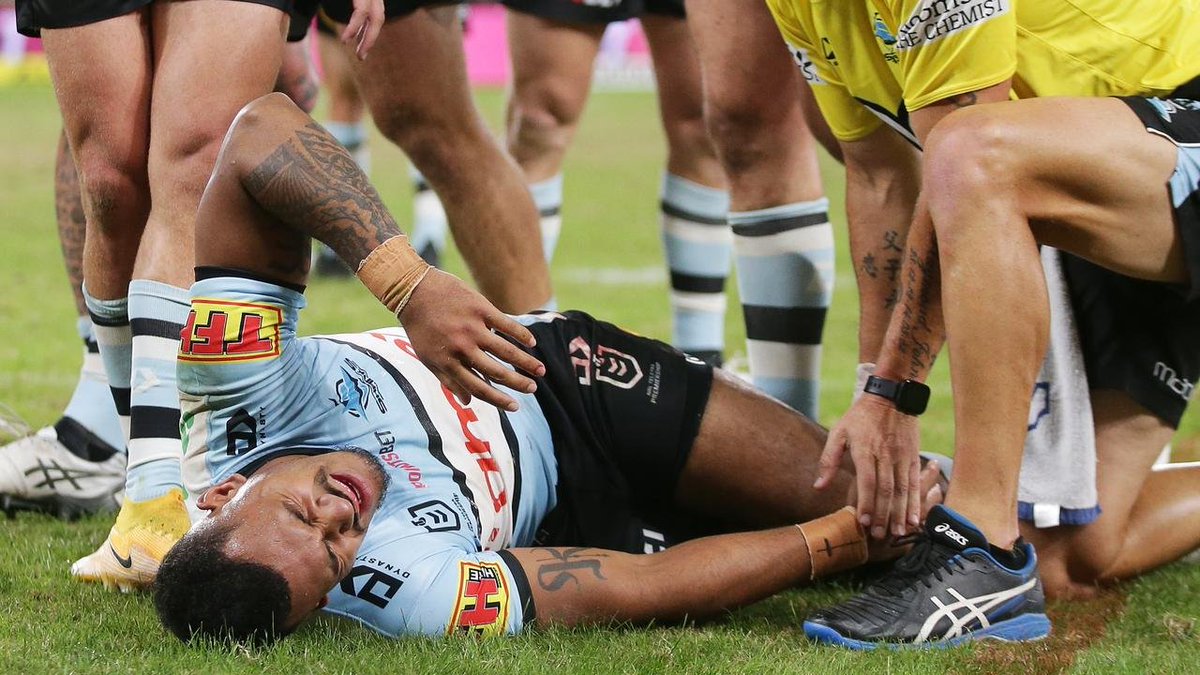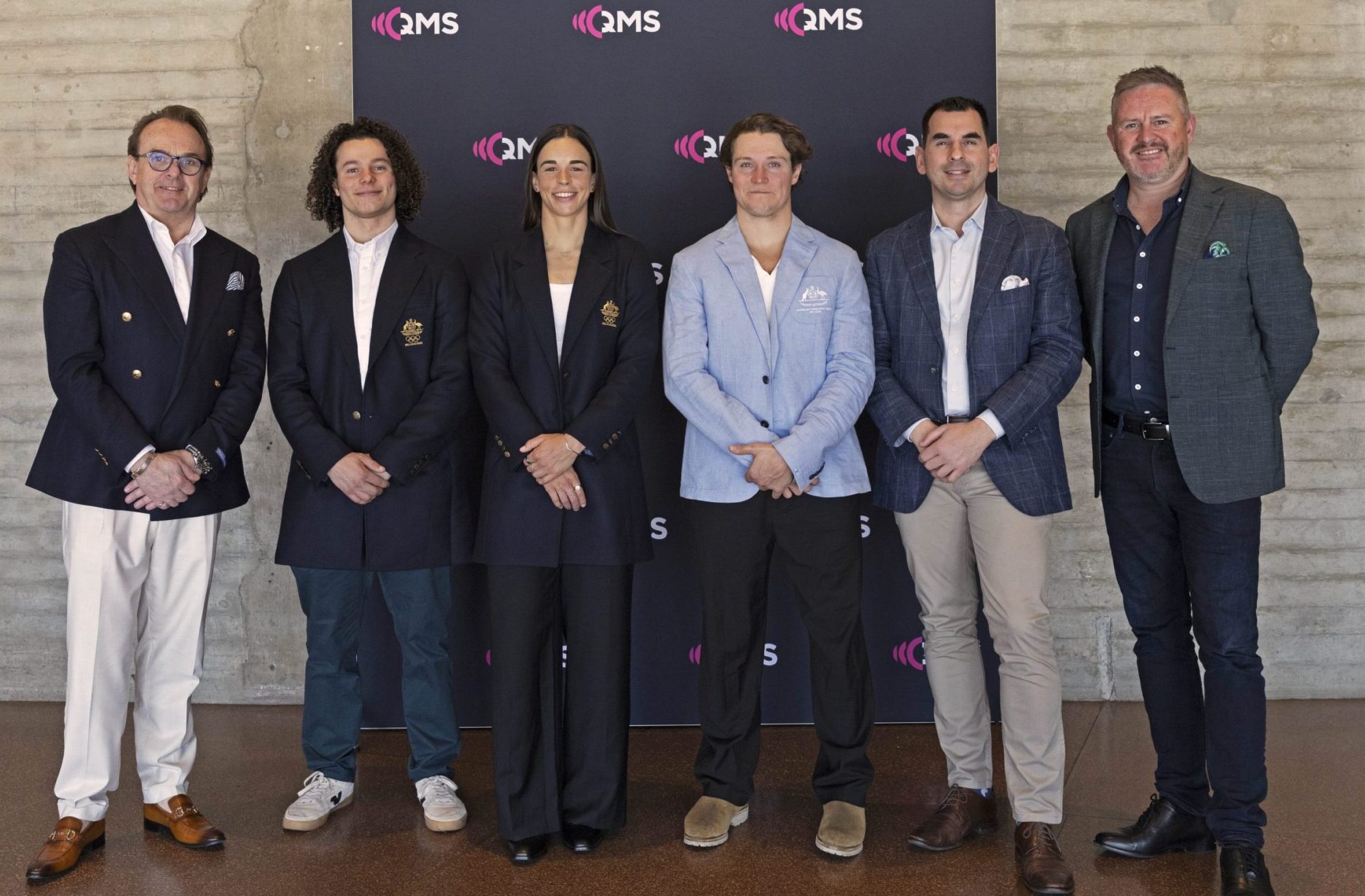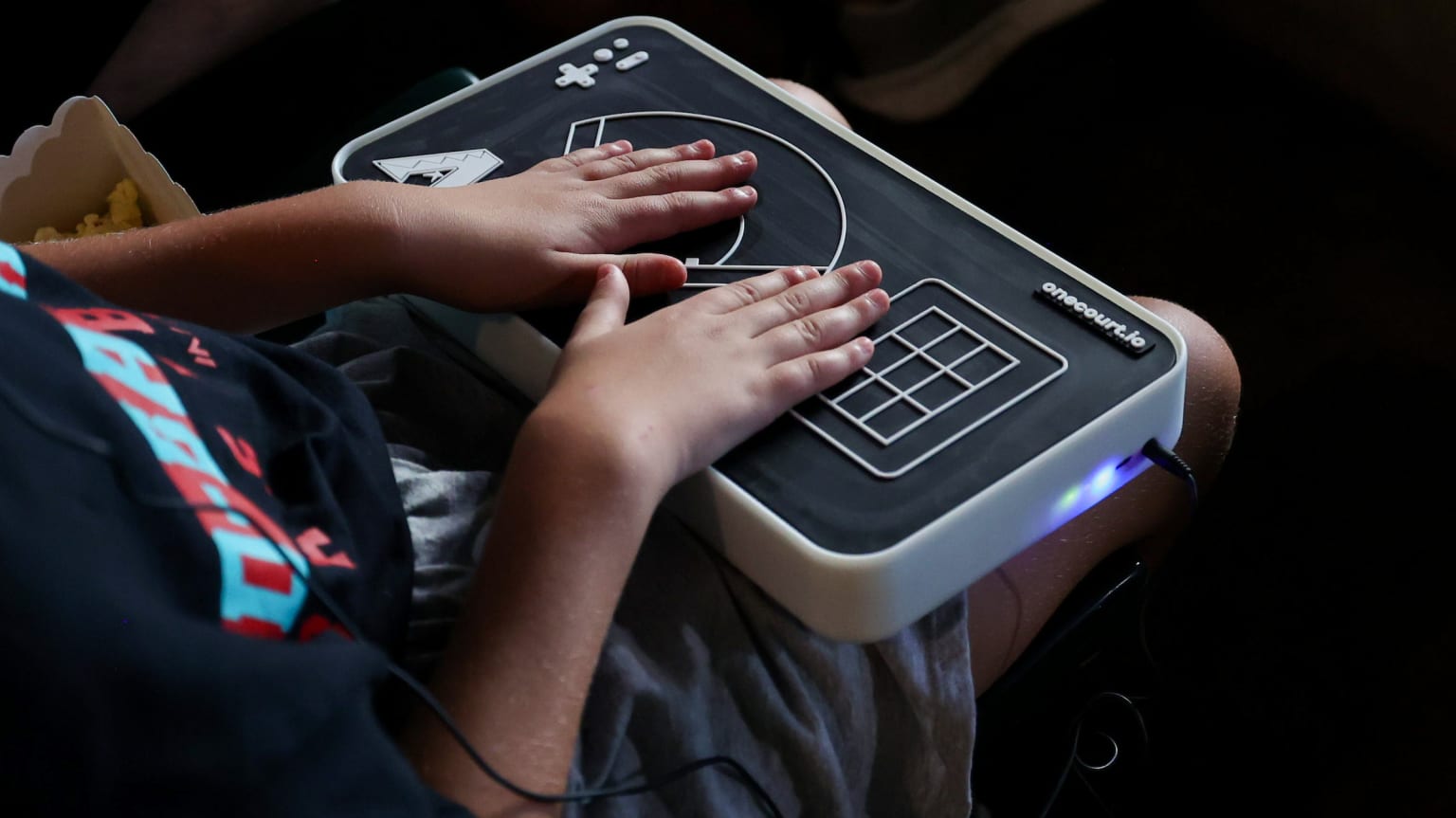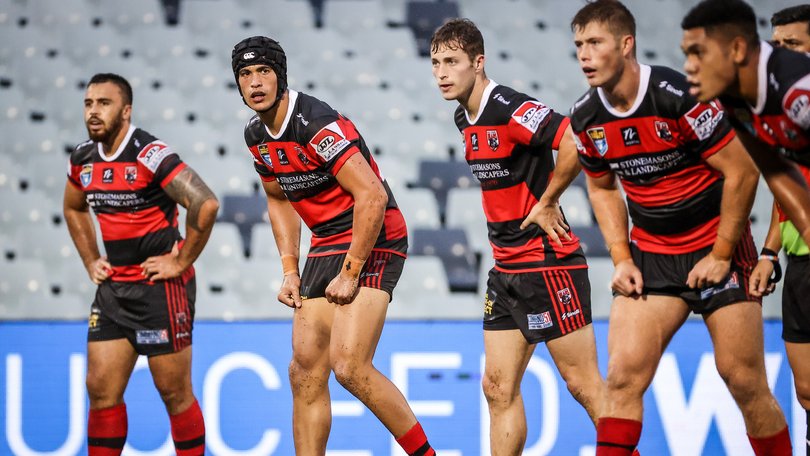Associate professional in the school of allied health at La Trobe University, Alan Pearce, says the Australian Football League (AFL) and the National Rugby League (NRL) need to do more when it comes to clamping down on concussion protocols.
Pearce said in an interview with the ABC that there is not enough information determining whether the longer exposure to the risk of head trauma guaranteed more health problems for players and noted the efforts from both leagues, but reiterated more must be done.
“They’ve given themselves an out clause here, it’s still part of what I call the “vanilla rhetoric”, where they say they’re very serious, but if you look into the details they’re not quite as strong [on concussion] as they’d like to say,” Pearce said.
“We’ve got to think about these players as human beings, not just as [sporting] commodities for our entertainment.
“In order to protect the head we have to have some processes in place and like any process it’s not going to be 100% perfect or 100% in agreement with everyone.
“I think fans are going to have to be a little more understanding and not just let emotion drive their responses, which can come across on social media.
“We do have to trust the process to protect the athletes as human being, because they come into my lab, and you get to see the human behind that athlete, and that’s what people don’t see.
“It’s only this year they’ve brought in the 12-day stand-down in the AFL, and the 11-day stand-down in the NRL.
“But both codes have what I call “get out of jail” clauses.
“In the AFL’s release, they talk of presumptive concussion.
“If a player comes off and the doctor presumes they are concussed, but after further examination they say they weren’t concussed, they can either return to the field or don’t have to enter the 12-day stand-down period.
“That needs to be cleared by the chief medical officer.
“In the NRL, with the 11-day stand-down, the club can go to an independent neurologist or independent doctor, who may say they’ve recovered and can be returned to training or competition before the 11 days are up,” he said.







